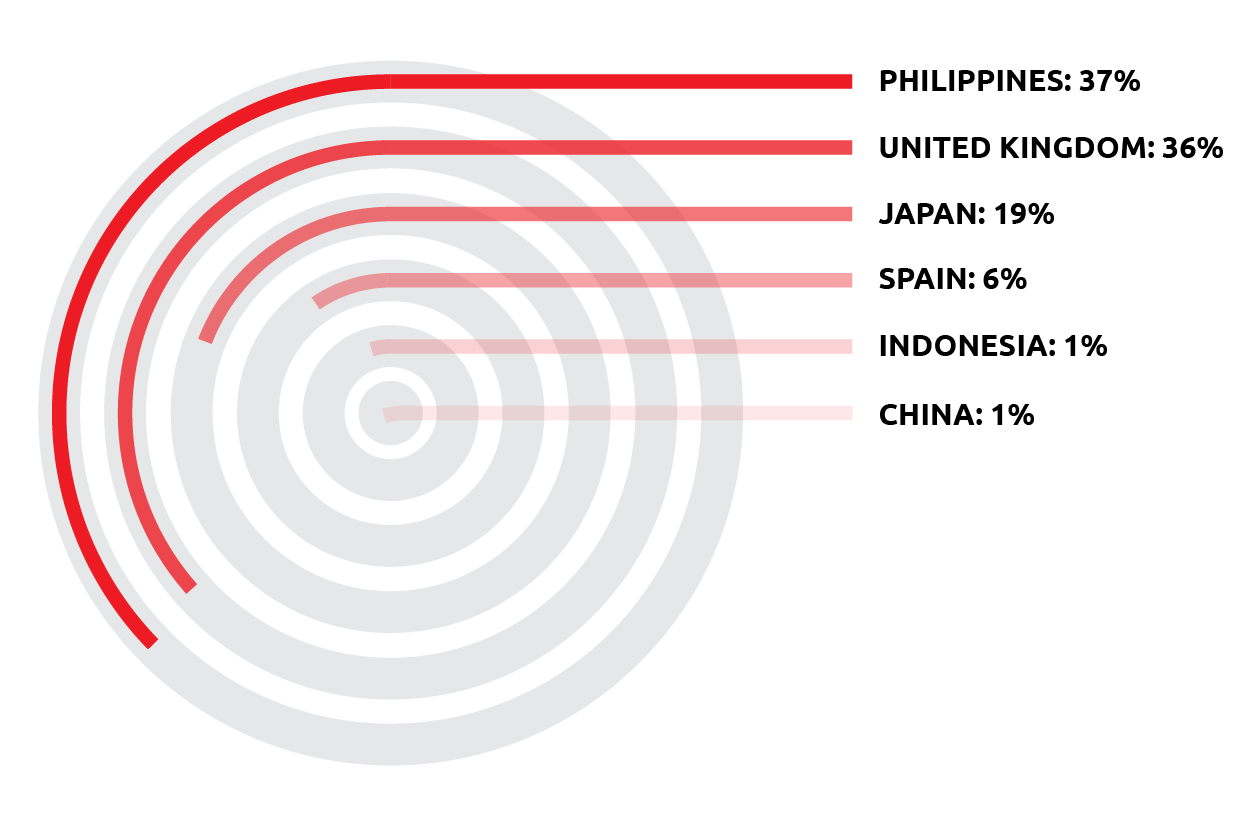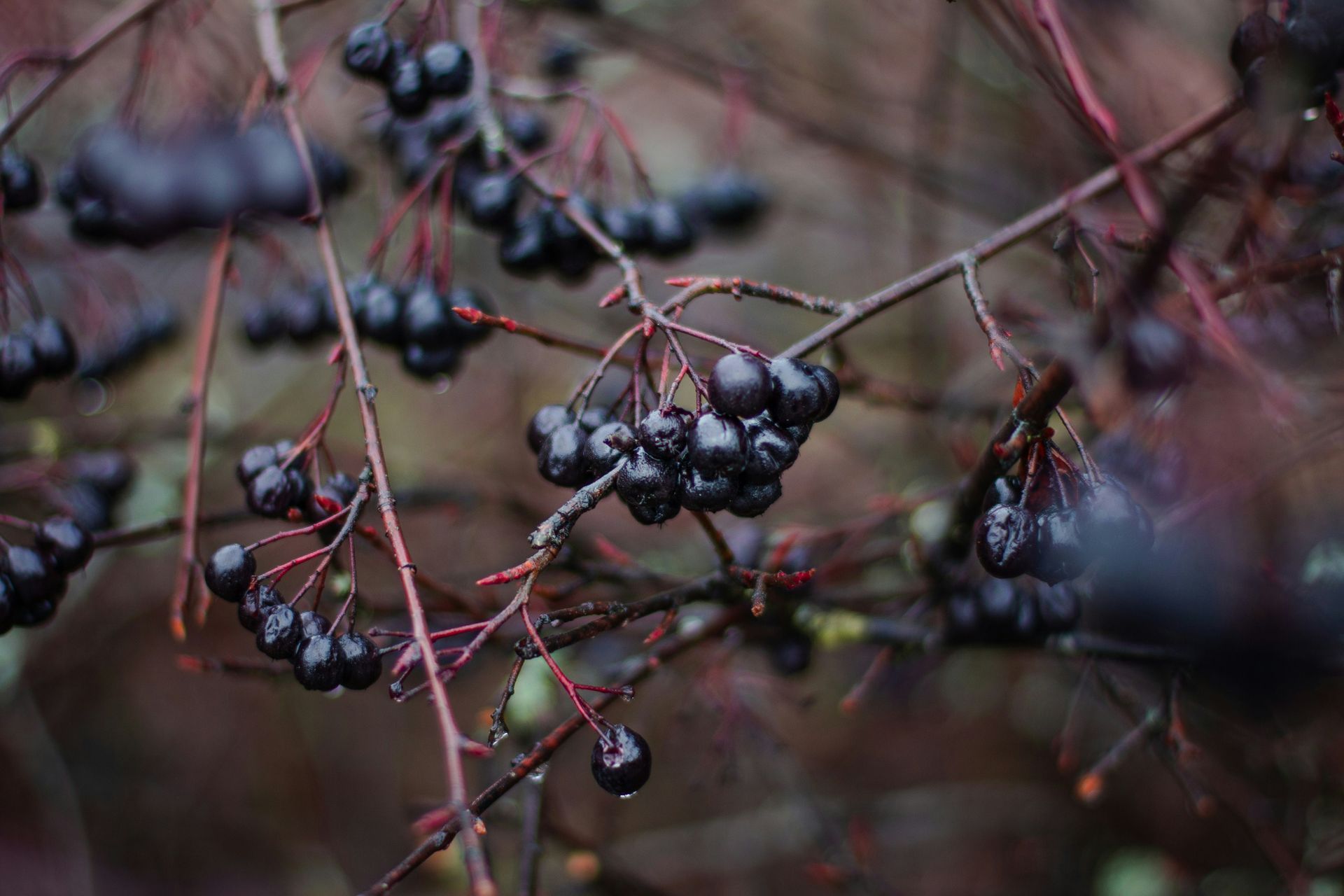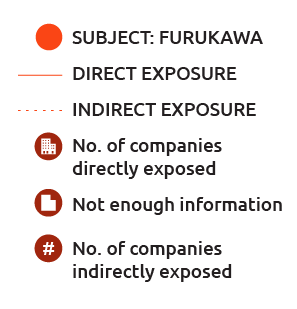Forced labor in Ecuador
Mapping the global abaca supply chain from the dirt to the consumer
All it takes is one bad actor to expose thousands of global companies without their knowledge.
Modern slavery is prevalent across the Americas. Intrepid journalists and civil society actors have documented human and sex trafficking and forced labor in most countries in South America. The Furukawa Plantaciones case stands alone because it is the first time a company has been brought to court to answer for clear and persistent forced labor practices.
Ecuador, however, is a country where personal relationships and influence peddling are strong enough forces to sway democratic institutions. Rather than being forced out of business for empirically clear violations, the subject of our modern slavery case study, Furukawa Plantaciones, has paid a mere penance in fines. As this report goes to press, many questions surrounding this potentially landmark modern slavery case remain unanswered.
In this report, our first publicly available case study on supply chain transparency, the Evidencity research team has mapped an opaque global supply chain for abaca – a raw material used in paper products and tea bags – as it originates from Ecuador, passing through the Philippines and Japan, to finally land with consumer-facing companies in the European Union, the United Kingdom, and the United States. We have discovered where and how companies deep in the supply chain try to hide their commercial connections, as well as how commercial trade data is organized across multiple jurisdictions. Not surprisingly, black
holes remain.
Though we encountered challenges inherent in global commercial trade data, Evidencity was able to confidently connect forced labor practices in Ecuador, either directly or indirectly, with end users in the marketplace, effectively mapping a supply chain from the dirt to the consumer. This report stands as a case study for Evidencity to selectively share with its client and investment community, with companies listed herein, and with the Ecuadorian government. This work stands as a focused beam of light, shining into a place that has been dark for generations.
We want brands that rely on abaca from Ecuador to terminate commercial relationships with Furukawa Plantaciones, and its parent and associated companies. Evidencity is ready and willing to assist with any endeavor that gives serious treatment to supply chain transparency. It is not just about ticking a box because we view transparency through the lens of combating modern slavery. Identifying exploitation in all its forms is only part of the job. Let’s also work together to stop it.
Samuel Logan
Quito, Ecuador, February 2024
Case study index
Ecuador abaca exports by destination country
2013 - 2018
Furukawa has consistently positioned itself among the top exporters of abaca in Ecuador. From 2013 to 2018, it exported 31% of the country’s total abaca exports.

Source: Banco Central del Ecuador
Furukawa abaca exports by destination country
2013 - 2018
Importers in the UK are or have been key buyers of abaca from Ecuador, second only to the Philippines. Although the Philippines is the leader in abaca production and exporting globally, it sources additional abaca from Ecuador for unidentified reasons.

Source: Banco Central del Ecuador
A comparative glance at Furukawa’s exports before and after the revelation of the modern slavery allegations in 2019 suggests that purchases from certain buyers reduced as a consequence. This is good news.
After 2019, no European companies appear among the top Furukawa buyers. However, it is possible that they diverted their import activities to the sister companies of Furukawa based in the Philippines.
Furukawa buyers
2011 - 2018

Furukawa buyers
2019 - 2023



